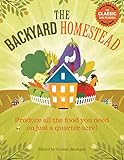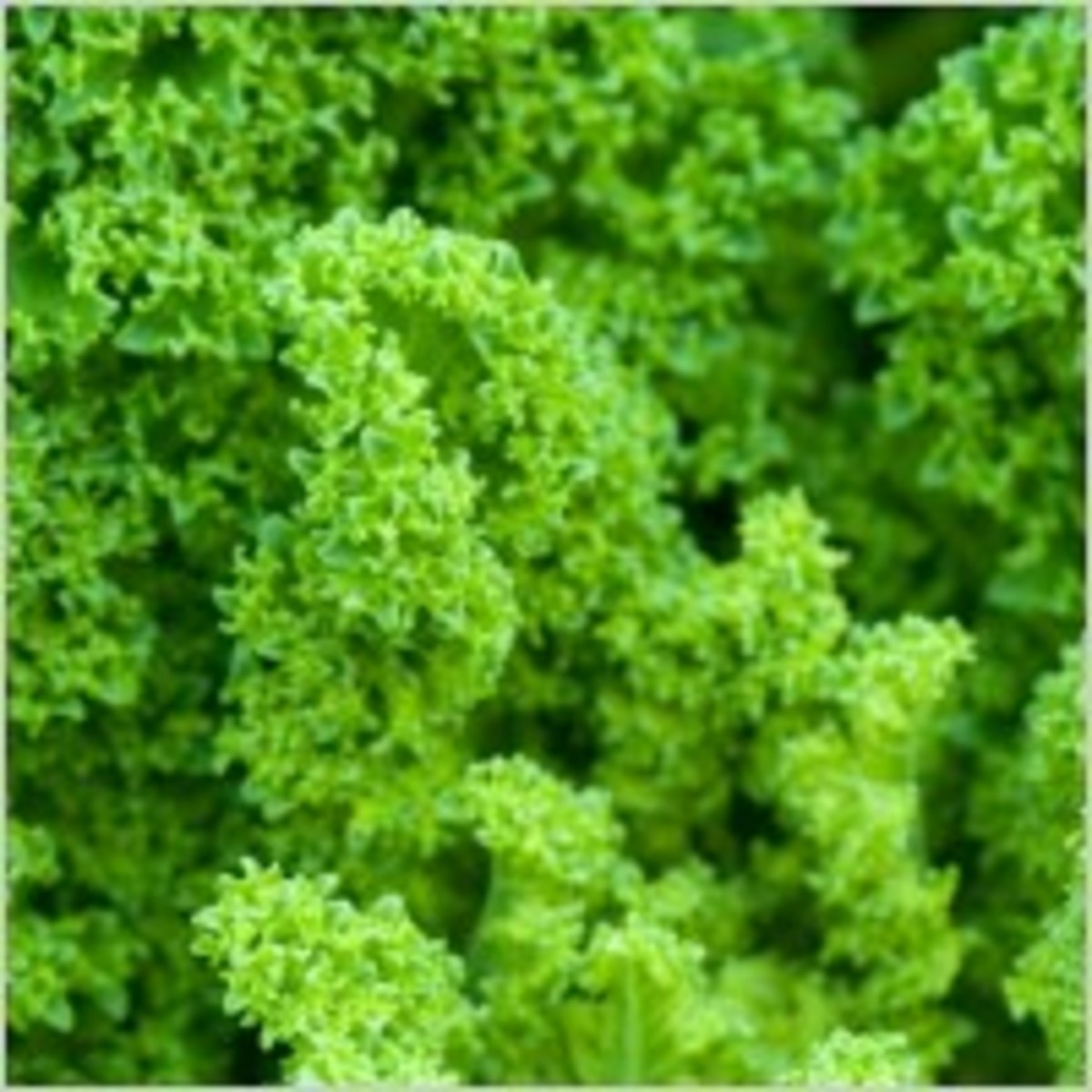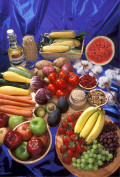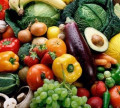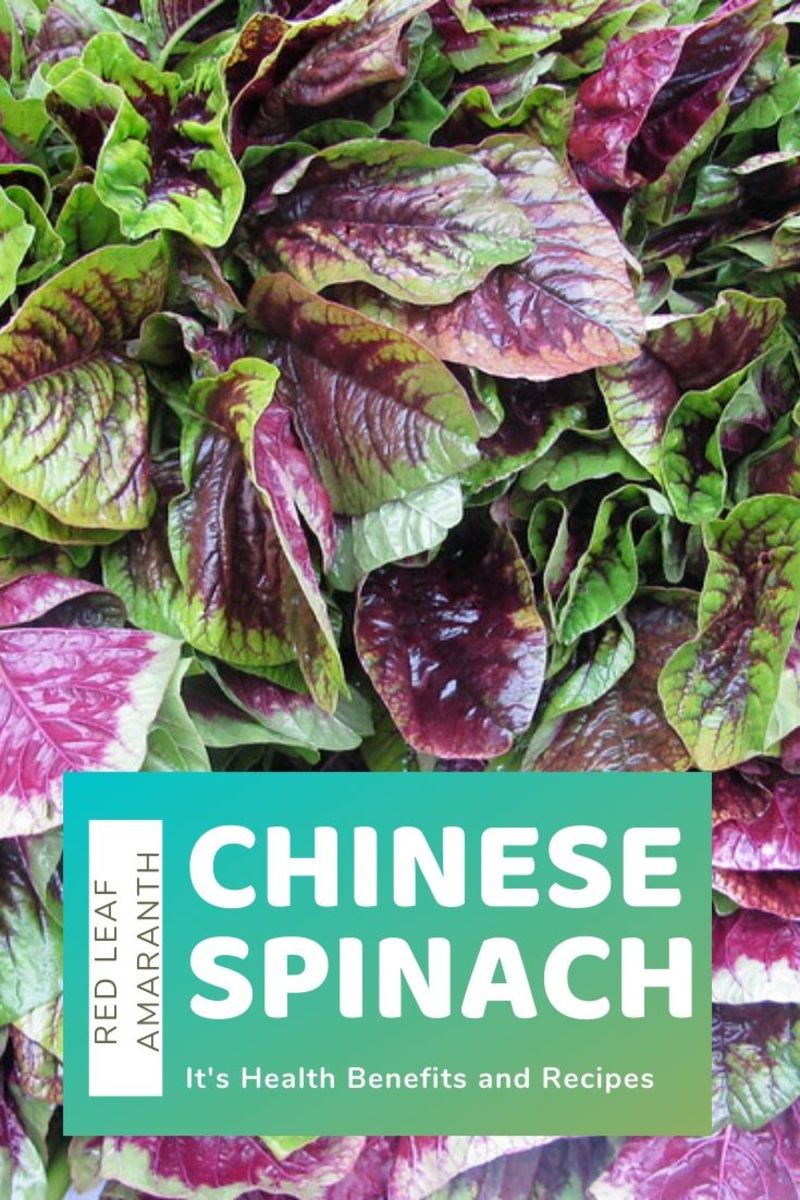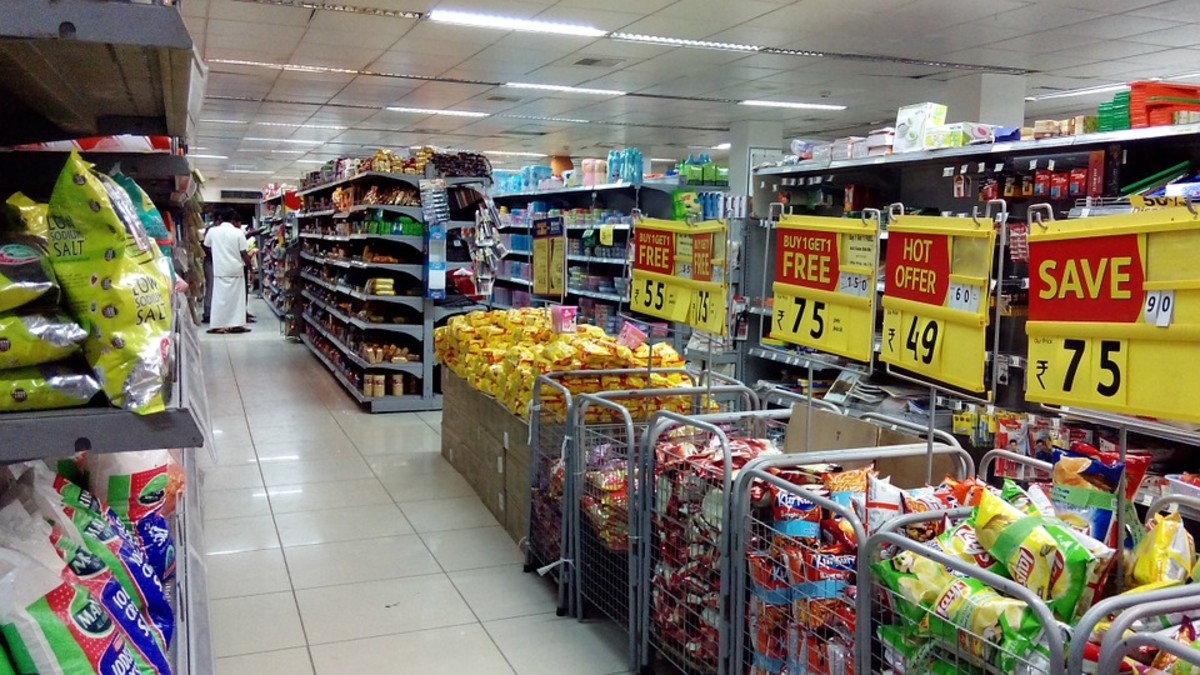Organic Farming
Organic Farming
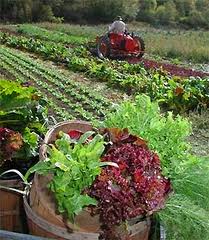
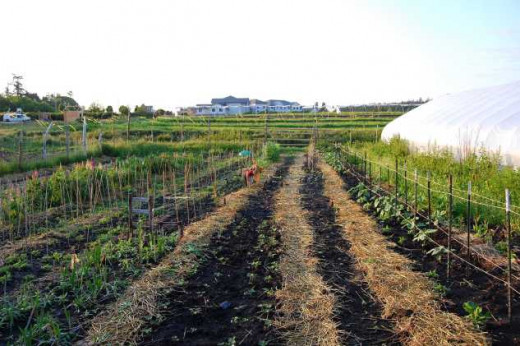
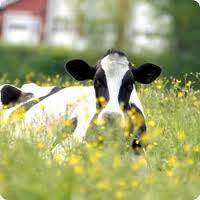
Organic Farming, What is it?
This is a good question, what is it and why are we paying extra money at the grocery store for these products? Organic Farming is farming that produces foods that have not been exposed to synthetic pesticides, plant growth hormones, livestock antibiotics, food additives, genetically modified organisms, human sewage and nanomaterials. Organic farmers work in harmony with nature, not against it. They use methods such as composting, mulching, crop rotation, cover crops, and encouraging useful predators that eat pests.
Why are we paying more for food that is produced organically? It is true that it is less expensive to grow organic food due to the fact that the farmer is not buying pesticides and such but other things come into play. Here are 10 reasons why organic is more expensive.
1. No chemicals mean that the organic farmer must hire more help to hand weed the plants.
2. The demand for organic overwhelms the supply.
3. Higher cost of fertilizer for organic crops, they use compost and animal manure which is more expensive to ship
4. Instead of using chemicals organic farmers use crop rotation to keep the soil healthy and prevent weed growth, after harvesting the organic farmer may plant cover crops that add nitrogen to the soil that benefits the succeeding crops.
5. Post harvesting handling costs are expensive, to prevent cross contamination organic products are shipped separately from conventional crops, organic crops are also shipped in smaller quantities since organic farms produce less; organic farms are generally farther away for cities driving up the cost of shipping.
6. Organic farms must be certified by the USDA this is not cheap or easy. They must maintain standards, and keep daily records that are subject to inspection. The annual inspection/certification fees vary from $400.00 to $2,000.00 dollars a year.
7. Higher loss due to the fact that they do not use synthetic pesticides and livestock antibiotics.
8. Providing better living conditions for the livestock costs extra in labor and buildings and organic feed for the livestock costs twice as much as regular feed.
9. Organic food grows slower; organic farms are typically smaller than conventional farms but also it takes more time to grow crops because the are not using chemicals and growth hormones.
10. Programs for government subsidies are lower for organic and local farms.
Is it worth it? Well, I think so, but that is for you to decide. Organic foods are free of poisons that can cause many different illnesses, such as cancer. Some feel that it tastes better; lasts longer in storage and is much higher in vitamins and minerals. You decide.
Thanks for reading!
Velzipmur aka Shelly Wyatt
Organic
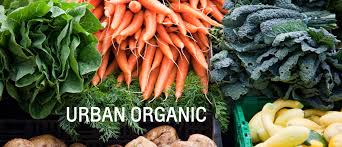
Organic Food/Farming
Organic farming was the original type of farming. It wasn’t until modern times that humans began to put pesticides on the crops we eat. When we started using the pesticides and hormones we did not realize the potential problems that would be caused. Over the years of research, we have discovered that many diseases are caused by what we put on our food during the growing process.
The world is becoming more aware of organic farming and why it is done. Since the early 1990's, demand for organic food has dramatically increased. Nevertheless, organic farming is still a remarkably small percentage of world agriculture.
Not only does organic farming apply to crops we eat , but the food produced, as well. Meat such as beef, chicken, pork, turkey and other fowl is included in that. What this means for the animal is this:
• No crowding
• Natural living conditions
• Free range access
• Grazing
• Exercise
• No antibiotics
• Organic food for them
One of the main objectives of organic farming is to avoid anything that has been genetically altered. The avoidance of foods that have been treated with synthetic fertilizers, and meat and dairy that have been enhanced with hormones.
Organic Farming
Health and Nutrition
- Health and Nurtrition
Nutrition is directly linked to your health. It has been proven by health professionals that a poor diet can lead to many different illnesses.

